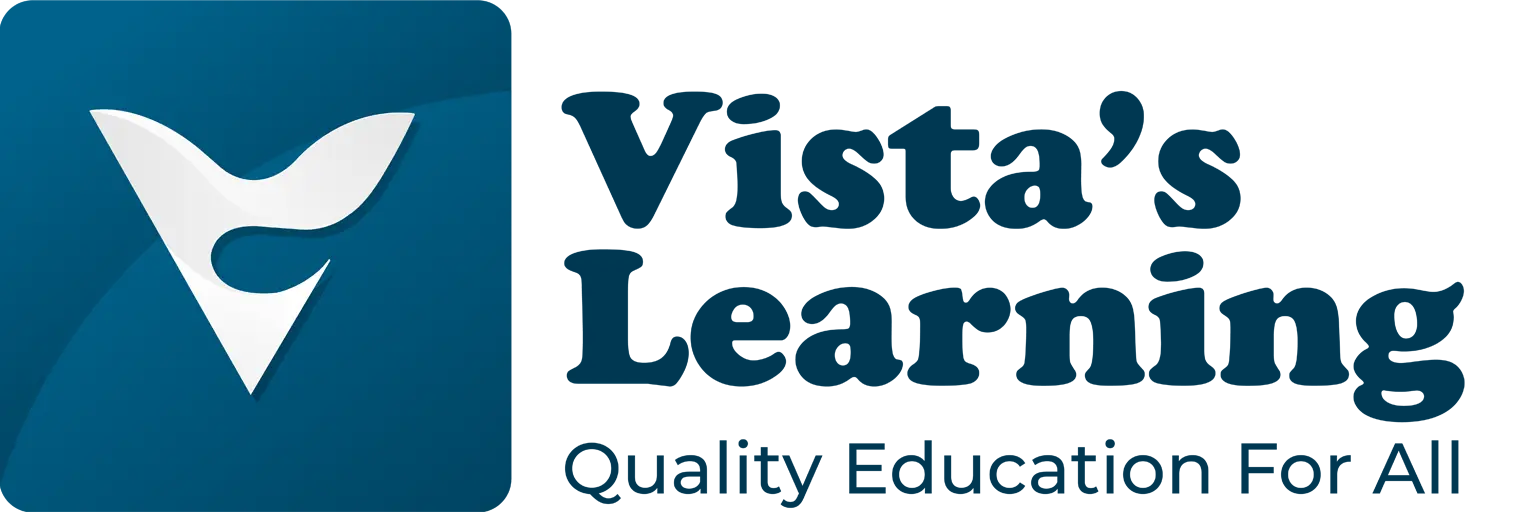The Role of Personalized Learning in Modern Education
There have been numerous developments in the education sector, but none are more significant than personalised education. Imagine a system where each and every individual is challenged to their ideal limits and supported in areas where they lack, and where each student is provided the opportunity to grow and improve.
In personalised learning, a student’s curiosity is peaked, and they get the interest to learn the concept on their own.
Let’s look more into the role of personalised learning in modern education.
What is Personalised Learning?
Personalised education recognizes that each student has unique requirements and learning styles; some might respond well to visual learning, while others may prefer a more hands-on learning method or auditory learning.
Instead of clinging on to the traditional learning styles, which are one size fits all, it embraces flexibility, allowing educators and teachers to adapt the content, pacing, and assessment methods to meet an individual student’s needs.
How does it work?
Data collection
Personalised learning revolves around understanding the learner; it uses technology to gather data that is used to create a comprehensive picture of students.
Analysis and profiling
Advanced algorithms are used to analyse the collected data to create student profiles based on their strengths, weaknesses, learning styles, interests, previous knowledge, preferred learning style, and pace, while also noting areas that need to be worked on.
Designing learning paths
Based on the student profiles, learning paths are created; this may include teachers changing their teaching style to meet the needs of the students. Teachers also provide activities based on their interests and skills; this can be in the form of
Feedback
Teachers and mentors provide feedback to students based on how they are responding to their learning paths and assessments. This continuous cycle of learning and feedback allows students to
Why should personalised learning be adopted in modern education?
Caters to diverse learning styles
Every student learns differently. Some excel at visual learning, while others thrive through hands-on experiences or auditory instruction.
Personalised learning recognizes and embraces this diversity, allowing educators to present material in various formats, ensuring that all students can grasp the content effectively.
Students learn at their own pace.
In conventional classrooms, students are forced to move together at the same pace, but this is often not possible as different students have different strengths and weaknesses. This might lead some students to fall behind others.
However, in personalised learning, students are encouraged to learn at their own pace, giving them the time they need to understand concepts, hence allowing them to fully understand concepts.
Promotes self-driven learning
Personalised learning peaks the interests of students and pushes them to learn concepts on their own. It encourages students to set goals, track progress, and reflect on their achievements.
These skills are not only invaluable in the world of formal education but are also of utmost importance in the real world too.
Feedback and progress monitoring
Learning is an ongoing cycle where there are multiple points for improvement. Mentors, teachers, and guides will help students in their learning progress. They inform the students where they can improve, and after multiple cycles of monitoring progress and improvements, they allow students to clearly understand concepts.
Enhances Engagement
Students find this technique of learning more engaging as it caters to their individual interests and learning styles. It aims to make the concepts more interesting and make learning an active process by involving the students.
Challenges of Personalized Learning
It is not possible to change the education system and techniques overnight; personalised learning, in particular, faces several challenges. Some of the most common ones are requiring staff to undergo training, investment in technology, and support systems.
Educators must also find the balance between being flexible enough to allow individualization while still maintaining essential fundamental information.
Personalised learning is transforming education by putting students at the centre of their learning experiences. This model changes along with students and is still evolving; it acknowledges and celebrates the uniqueness of each student, empowering them to reach their full potential.
By actively involving students in the learning process and factoring in each individual’s strengths and weaknesses, it aims to make classes more engaging. Considering how beneficial and transformative this method is for students, it is expected to pave the way for the future of education.
Company
Contact Us
About Us
FAQ
Privacy Policy
Terms & Conditions
Disclaimer
V-Learning Services
Animated Lessons
Building Legends
Concept Learning
Digital Live Classes
State Boards
Animated Lessons
Building Legends
Concept Learning
Digital Live Classes
CBSE Classes
CBSE Class 1
CBSE Class 2
CBSE Class 3
CBSE Class 4
CBSE Class 5
CBSE Class 6
CBSE Class 7
CBSE Class 8
CBSE Class 9
CBSE Class 10
CBSE Class 11
CBSE Class 12
KSEEB Classes
KSEEB Class 1
KSEEB Class 2
KSEEB Class 3
KSEEB Class 4
KSEEB Class 5
KSEEB Class 6
KSEEB Class 7
KSEEB Class 8
KSEEB Class 9
KSEEB Class 10
KSEEB Class 11
KSEEB Class 12
CBSE Syllabus by State
CBSE Karnataka
CBSE Tamil Nadu
CBSE Kerala
1st floor, S.V complex, Opp Thayappa Garden, Ranka colony, Bilekahalli,
Bengaluru, Karnataka 560076.




